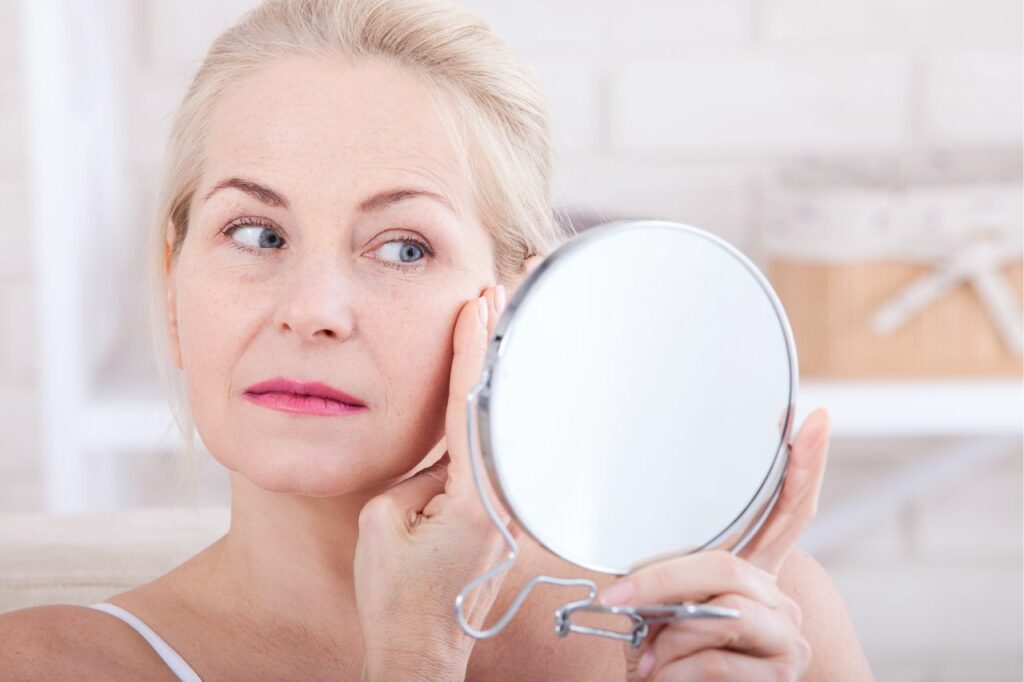The production of collagen, which is responsible for keeping the skin plump and firm, starts to decrease in our late twenties and early thirties. However, implementing a consistent daily skincare routine can aid in maintaining and enhancing collagen levels without the need for invasive procedures like injections.
When does collagen loss occur?

Between the ages of 25 and 30, individuals start to lose approximately one percent of collagen each year. This natural process tends to accelerate after reaching the age of 40. By establishing a proper skincare regimen, it is possible to maintain existing collagen levels and promote the generation of new collagen.
Aesthetic interventions, such as injectables or radio frequency treatments, can have a significant impact on your appearance. However, even if you choose to undergo these procedures, it is essential to maintain good skincare habits.
What is collagen?

Collagen, the most abundant protein in the human body, is produced by cells known as fibroblasts. Its primary role is to create and maintain the structural integrity of the body’s tissues, forming resilient, strong, and flexible collagen fibers.
As we age, the fibers that bind connective tissues such as tendons, muscles, and skin are affected. This is due to the slowing of dermal cell metabolism, which in turn impacts the rate of collagen synthesis.
The reduction in collagen production, along with the decline in elastin (a crucial protein responsible for skin elasticity) and skin dehydration, are three primary factors that contribute to skin aging.
6 Daily Habits to Prevent Collagen Loss
Age is not the sole determinant of collagen production and loss. Adopting healthy habits can positively impact collagen levels.
1. Reduce sun exposure
Ultraviolet radiation has a significant impact on collagen production in the skin. The oxidation caused by UV rays accelerates the breakdown of collagen and reduces its production. Therefore, it is crucial to use proper sun protection to safeguard the skin.
2. Find green tea and ginger infusions
Facchinei Fleming suggests incorporating antioxidant and anti-inflammatory infusions like green tea and ginger into your daily routine. These phytochemicals are potent plant compounds that play a crucial role in protecting cells from oxidative damage.
3. Add foods rich in collagen to your diet
Collagen protein can be found in various sources, including bone broth, fish such as tuna or salmon, dairy products, and nuts. Additionally, foods rich in vitamin C, such as tomatoes, strawberries, oranges, and peppers, are believed to aid in collagen production.
4. Reduce consumption of fats and sugars
Processed foods also have an impact on collagen and elastin production due to their low-quality proteins.
5. Hydrate
Our cells require water in order to regenerate and flush out toxins.
Also Read: 6 Nutritious High-Protein Breakfast Ideas to Support Weight Loss Journey
6. Avoid tobacco and alcohol
It is important to remember the negative impact that certain factors can have on the skin. For example, exposure to harmful elements can cause collagen fibers to deteriorate, leading to decreased fluid retention and hindering the oxygenation and nutrition of skin cells.
